Unlocking the Potential of Real-World Asset Tokenization 🌍
The tokenization of real-world assets (RWA) stands as a significant emerging trend in the global financial arena. Forecasts suggest that the tokenization market could surpass 30 trillion dollars by 2030. This growth is largely fueled by the participation of both established financial institutions and innovative players in the finance sector. Such changes are poised to transform the investment landscape, making assets more accessible and enhancing the efficiency of worldwide markets.
Understanding RWA Tokenization 💡
The tokenization of real-world assets is the process of converting physical or financial items—like real estate, bonds, or commodities—into digital tokens on a blockchain. These tokens streamline trading, allow for fractional ownership, and can be managed through decentralized platforms, thereby reducing the need for traditional intermediaries.
This method grants investors access to smaller portions of high-value assets, such as commercial properties or fine art, dismantling long-standing barriers associated with costs and liquidity issues. Moreover, the inherent transparency and traceability of blockchain technology greatly enhance security and confidence in the marketplace.
Financial institutions are critically important in advancing RWA tokenization. Banks, investment management firms, and conventional organizations are recognizing the transformative potential of blockchain, which can optimize operational processes and forge new avenues for revenue generation.
Their involvement is crucial for several key reasons:
- Trust and regulatory adherence: Financial institutions possess the expertise needed to operate within regulated frameworks, ensuring that tokenization adheres to both local and international laws.
- Investor outreach: Through their established networks, these institutions can effectively engage investors and facilitate the accessibility of tokens for a diverse client base.
- Platform enhancements: Numerous banks and organizations are investing in the creation of tailored blockchain platforms and protocols, thereby contributing to the standardization of the tokenization sector.
Advantages Offered by Tokenization 🌟
The process of tokenizing RWA presents numerous benefits, such as:
- Greater financial accessibility: Investors can acquire fractional interests in valuable assets, democratizing investment opportunities that were once limited to a select few.
- Enhanced liquidity: The ability to trade tokens on digital platforms significantly increases the liquidity of traditionally illiquid assets like real estate or artworks.
- Lower transaction costs: By eliminating many intermediaries, blockchain reduces the expenses related to transactions and boosts operational efficiency.
- Increased transparency and safety: Blockchain ledgers provide full transaction traceability, minimizing fraud risk and enhancing trust among all parties involved.
Driving Growth Through Innovation 🚀
The expansion of the RWA market is influenced not solely by major financial institutions but is also significantly propelled by fintech companies and startups. Their agility allows them to introduce innovations faster than traditional giants. Yet, collaboration between conventional and modern sectors seems key to unlocking the full potential of tokenization.
Initiatives such as establishing stablecoins backed by real assets and the development of token management platforms are already gaining momentum, highlighting the practical advantages of tokenization in sectors including real estate, energy, and commodities.
Despite the positive outlook, this sector encounters several formidable challenges, among them:
- Regulatory hurdles: The lack of clear global regulations can hinder the widespread adoption of tokenization.
- Educational gaps: Many traditional investors remain doubtful about blockchain technology, necessitating comprehensive awareness campaigns.
- Technological interoperability: It’s critical for various tokenization platforms to operate cohesively and share information.
The Future of Tokenization ✨
The increasing engagement of financial institutions suggests that the tokenization of real-world assets will become a cornerstone of global markets. This evolution transcends mere technological progress; it signifies a paradigm transformation that aims to democratize investment access, enhance efficiency, and promote financial inclusion.
By 2030, this sector may reach a remarkable valuation of 30 trillion dollars, representing a pivotal moment in the annals of global finance. Financial institutions, leveraging their blend of experience and innovation, are set to drive this extraordinary growth forward.

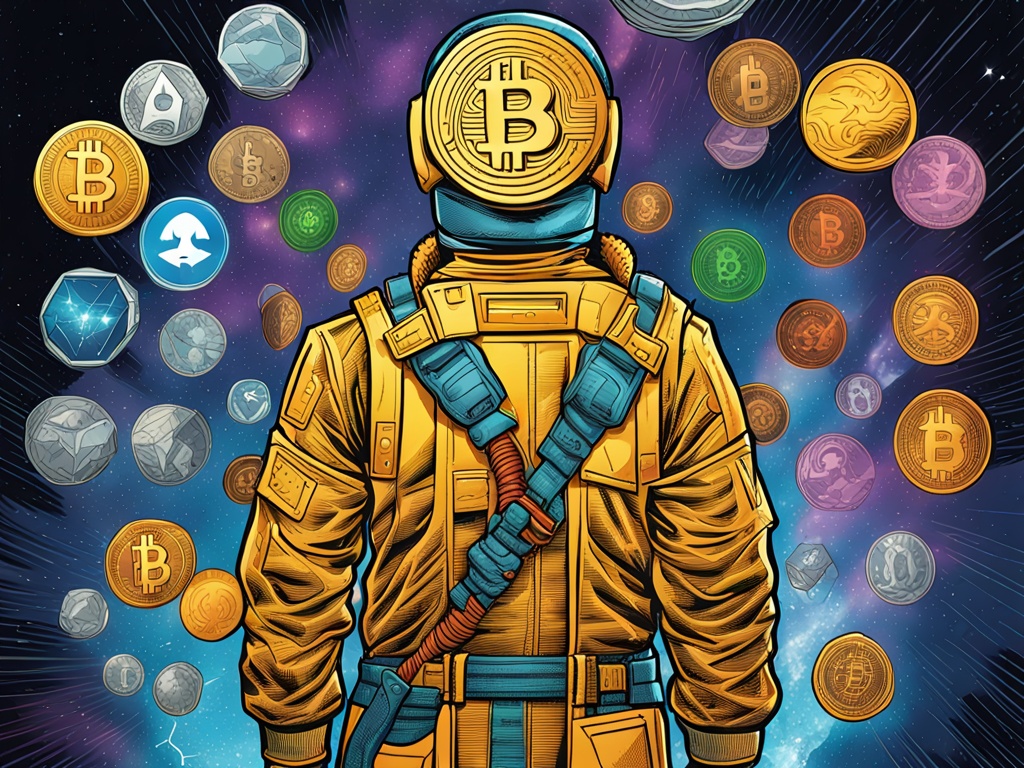
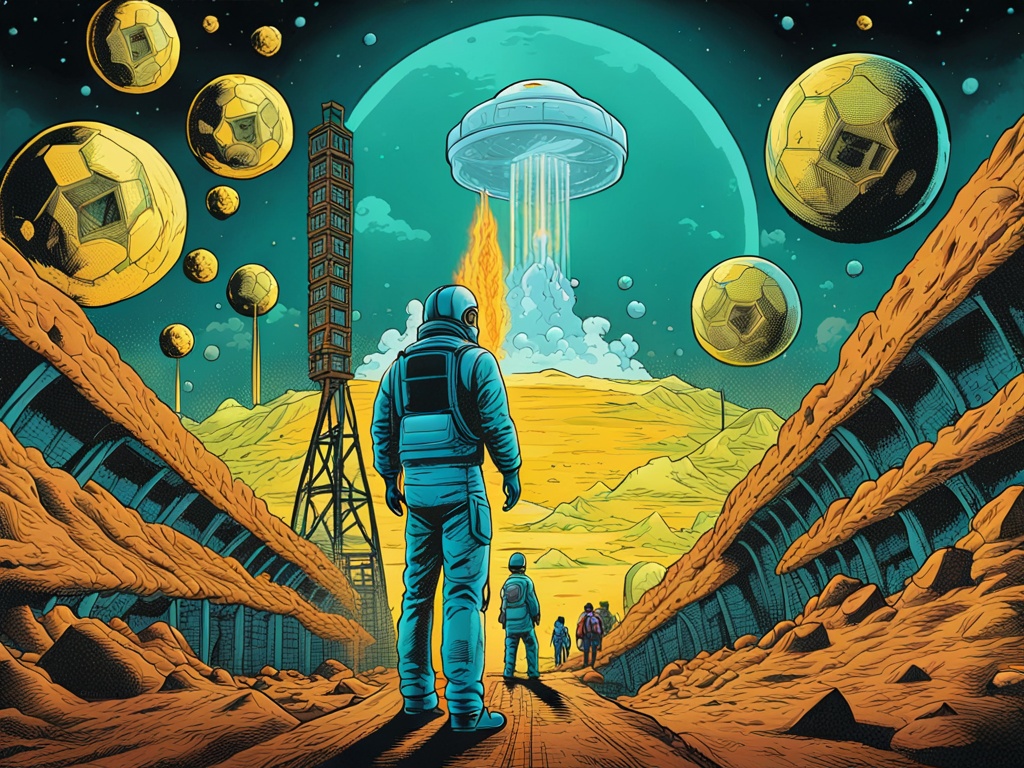
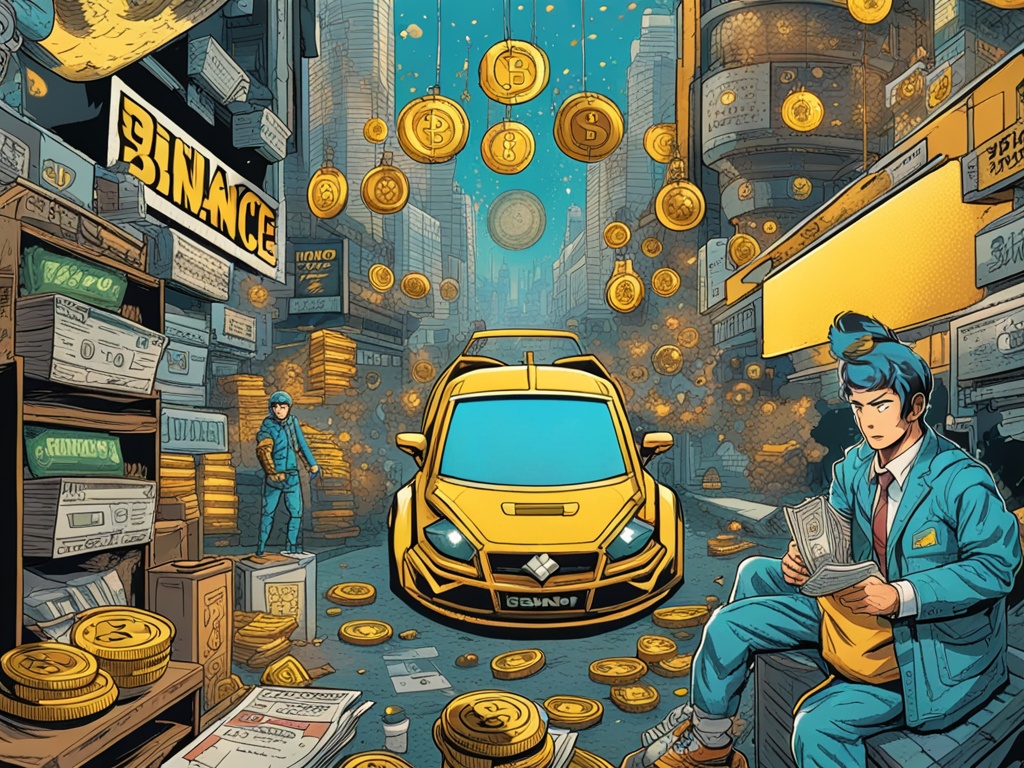
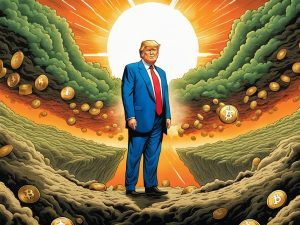
 By
By
 By
By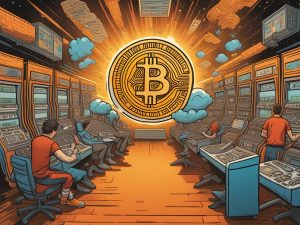
 By
By


 By
By